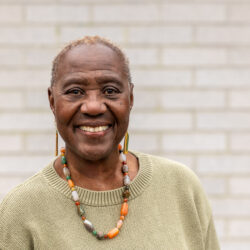Equipping the next generation of clinicians for addressing conflict mental health: A role for Geopsychiatry
The past two decades have seen a surge in violent conflicts worldwide, leading to 238,000 conflict-related fatalities in 2022 alone [1]. This challenges the perception that conflict is limited to ‘unstable’ regions, highlighting its global reach. Active wars in Ukraine, Sudan and Palestine have drawn attention onto conflicts even further. Beyond immediate death tolls, the enduring psychosocial impacts are profound, with conditions like Post Traumatic Stress Disorder (PTSD) affecting millions [2, 3]. During its last World Health Assembly, the World Health Organization approved a crucial resolution to integrate mental health and psychosocial support (MHPSS) across all stages of emergencies, including conflicts, disasters, and humanitarian crises. The distant and recent experience from conflict zones raises doubt on whether local healthcare systems and external interventions have the needed skills and experience to deliver in times of crisis.
Membres et équipe SHERPA

Myrna Lashley
Professeure, Division de psychiatrie sociale et transculturelle, Université McGill

